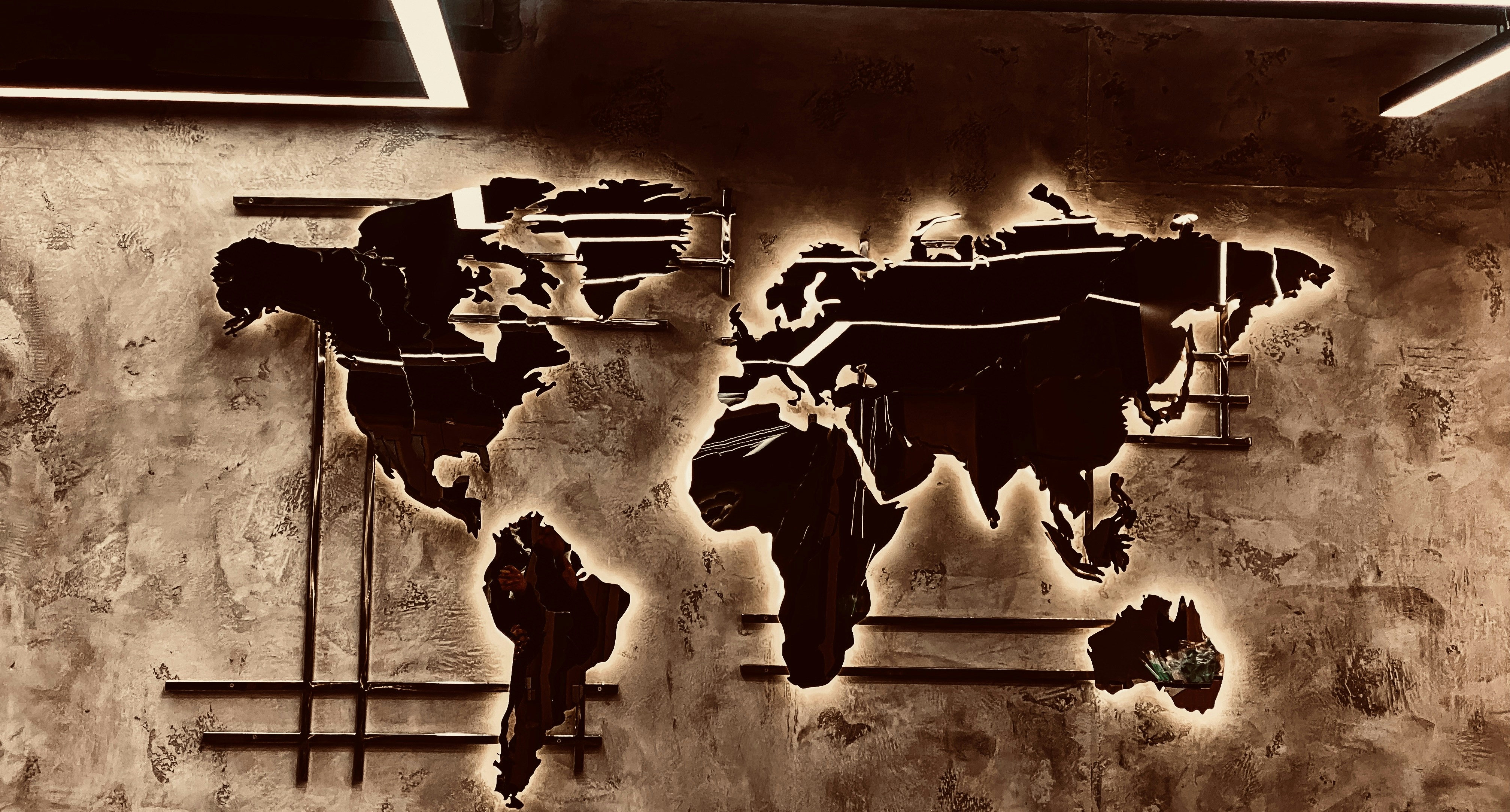You’ve heard it before, history repeats itself. It’s quoted so often it’s practically wallpaper. But the better question is: do we actually notice it when it happens?
Judging by the state of the world, not really.
We love to recycle. In fashion, in politics, in ideas. Aesthetics from past decades resurface, get hailed as edgy or new, and reappear on catwalks and Instagram as if we’ve just invented shoulder pads or flared jeans. The same happens with ideologies, just dressed up for a modern audience, minus the warnings printed on the label.
We’re a species that loves playing with the past like it’s a forgotten toy at the back of the cupboard. We pick it up, blow the dust off, and act like it’s brand new. Never mind why it was put away in the first place.
The Romance of Old Mistakes
This is especially true in universities, where young minds rediscover political philosophies and think they’re onto something fresh and revolutionary. Marxism, nationalism, utopianism, pick your flavour. The enthusiasm is real, but often stripped of historical context. Not because the young are foolish, but because they’re optimistic. They still believe the world might listen to them. It’s part of growing up.
But idealism without memory is dangerous. And when it infects institutions, governments, or markets, the cost of that amnesia gets real, fast.
So let’s test the theory. Let’s take a walk through the wreckage of history and see just how often the signs were there, flashing red, but ignored anyway.
Empire Fatigue
Let’s start with empires.
The Romans, the British, the Ottomans, the Mongols. They all rose fast, peaked dramatically, and then collapsed, not because they lacked power, but because they overreached, mismanaged succession, or collapsed under their own administrative weight.
They had all the warnings. From their predecessors. In their own literature. Carved into stone, written in scrolls, published in papers. Didn’t matter. When power gets high enough, it starts believing it’s immune to the gravity of history. Sound familiar?
Revolutions on Repeat
The French Revolution exploded in 1789 over crushing inequality, elitist politics, and economic ruin. A century later, Russia hit the same tripwire. Same ingredients, same combustion, same idea: tear it all down and build something fairer.
Spoiler: the replacement system repeated many of the old mistakes, just with new branding and different uniforms.
If you think that cycle’s stopped, take a look around. Many modern regimes, both elected and unelected, are staring down unrest, polarisation, and inequality that feels awfully familiar. What’s the plan? Mostly to ignore it and hope it doesn’t catch fire. Just like before.
Economic Déjà Vu
Let’s talk finance.
The 1930s Great Depression? Triggered by a stock market crash, amplified by bad policy, and worsened by international protectionism. It led to unemployment, social unrest, and a global reckoning with how fragile the economic machine really was.
Fast forward to 2008. Housing bubble bursts, financial institutions collapse, panic sets in. Same crash, new packaging. Same lessons, unlearned.
Now look around today. Rising debt, protectionist instincts, fragile supply chains, over-leveraged everything. It’s not a rerun yet, but the intro sequence is looking awfully familiar.
1930s Vibes: Authoritarian Edition
Here’s where things get darker.
In the 1930s, the world watched Germany, Japan, and Italy slide into fascism. Concentration camps. State propaganda. Aggression dressed up as national pride. The warning signs were there, but the West blinked. Why? Business. Trade. Hope that maybe, just maybe, the monsters would behave.
Sound familiar?
Now look at China, Russia, Iran, North Korea. Camps. Censorship. Expansionism. Same symptoms, different cast. And once again, the world’s response is… muted. Because it’s bad for business.
Appeasement isn’t a strategy. It’s a delay tactic.
Trade Wars and Tunnel Vision
Back in the 1930s, the US passed the Smoot-Hawley Tariff Act to ‘protect jobs.’ The rest of the world retaliated. Trade collapsed. The Depression got worse.
Today, global trade is fracturing again, protectionist policies, currency wars, decoupling from China, re-shoring supply chains. Some of it is warranted. Some of it is theatre. But the big question is: are we building a more resilient world, or just repeating the same failed instincts in shinier suits?
The Proxy War Parallel
In the 1930s, the Spanish Civil War became a rehearsal for WWII, ideologies, weapons, and alliances clashing on neutral ground.
Today? Ukraine. A proxy war on European soil. East versus West in everything but official declaration. Rearmament is surging. Alliances are hardening. And both sides are terrified of looking weak, just like last time.
So… Do We Learn?
That brings us back to the question: Is it fear or ignorance that keeps us blind to these echoes?
The truth? It’s both. Fear convinces us that maybe this time is different, so we hesitate. Ignorance lets us pretend we’re doing something new, even when it’s a carbon copy of past disasters. We think we’ve moved forward. In truth, we often just walk in a bigger circle.
Final Thought
History doesn’t repeat in identical headlines. It rhymes in mood, in error, and in missed opportunities. We don’t need perfect memory. Just better recall than we’ve been showing.
Because the echoes are getting louder.
And the next time we miss them, the consequences may not be so kind.
